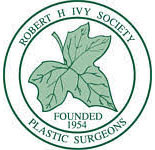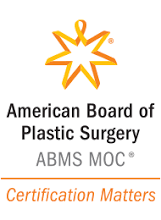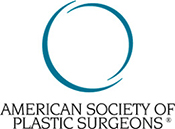Can Hair Loss From Stress Grow Back?
Stress has become an inevitable part of our daily routine in our fast-paced lives. While it’s well-known that stress can negatively impact our overall health, many people are unaware of its effects on our hair. Dr. Heil, a leading expert in hair restoration, has dedicated his career to understanding the intricate relationship between stress and hair loss. In this blog, we will explore the question that plagues many individuals: Can hair loss from stress grow back?
What Is Stress-Related Hair Loss?
Stress-related hair loss, also known as telogen effluvium, is a condition where a significant emotional or physical stressor causes a large number of hair follicles to enter the telogen (resting) phase prematurely. This leads to increased hair shedding and noticeable thinning of the hair.
Dr. Heil explains that stress can disrupt the normal hair growth cycle. Usually, around 85-90% of our hair is in the growing phase (anagen), while the remaining 10-15% is in the resting phase (telogen). Stress can push many hairs into the telogen phase, causing hair loss that might seem sudden and severe.
Can Stressed-Out Strands Recover?
The good news is that, in most cases, hair loss triggered by stress is reversible. Once the underlying stressor is resolved or managed, the hair follicles typically return to their normal growth cycle. Here’s how it works:
- Managing Stress: The first step in regrowing your hair is to address the source of your stress. Finding effective stress management methods, whether work-related, personal, or health-related, is crucial. This might involve relaxation techniques, therapy, or lifestyle changes.
- Patience is Key: Dr. Heil emphasizes that hair growth is a slow process. It can take several months before you start noticing significant regrowth. Be patient and stay committed to stress management techniques while you wait for your hair to recover.
- Proper Nutrition: A balanced diet rich in vitamins and minerals is essential for hair health. Consuming adequate protein, vitamins (especially biotin and folic acid), and minerals like iron and zinc can support hair regrowth.
- Topical Treatments: In some cases, dermatologists may recommend topical treatments containing minoxidil to help stimulate hair growth. However, consulting a healthcare professional before using over-the-counter or prescription medications is essential.
- Platelet-Rich Plasma (PRP) Therapy: PRP therapy is a non-invasive treatment that uses the patient’s platelet-rich plasma to stimulate hair follicles. Dr. Heil often recommends this therapy to boost hair regrowth in patients experiencing stress-related hair loss.
- Professional Consultation: If you’re concerned about hair loss, it’s always a good idea to consult a hair restoration specialist like Dr. Heil. They can assess your unique situation and recommend a personalized treatment plan.
Let Dr. Heil Help Restore Your Hair
In the capable hands of Dr. Heil and The Center For Hair Restoration, the answer to the question “Can hair loss from stress grow back?” is a resounding yes. Stress-related hair loss is a reversible condition, and with proper stress management, nutrition, and, if necessary, medical treatments, you can restore your hair to its full glory. Remember that patience and consistency are essential as you journey to healthier, more resilient hair. Don’t let stress steal your confidence; contact us today to reclaim your luscious locks.















